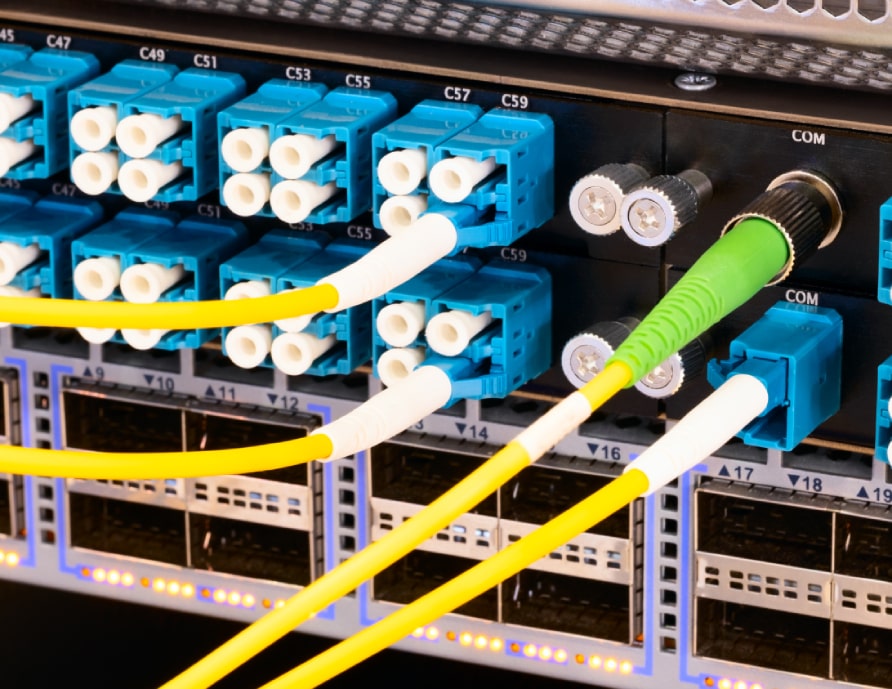Li-ion battery packs play a crucial role in providing uninterrupted power supply (UPS) systems with enhanced reliability. These systems are designed to ensure that critical equipment and infrastructure maintain power even during grid outages or fluctuations. Here’s how Li-ion battery packs contribute to enhancing the reliability of UPS systems:
- Instantaneous Power Backup: Li-ion battery packs offer rapid response times, providing immediate power backup when the main grid supply is disrupted. This quick transition helps prevent downtime, data loss, and damage to sensitive equipment.
- Smooth Transition to Backup Power: When a power outage occurs, Li-ion battery packs seamlessly take over the load without causing disruptions or voltage fluctuations. This smooth transition ensures that critical operations continue uninterrupted.
- Predictable and Consistent Performance: Li-ion batteries provide a consistent discharge profile, offering a predictable runtime and ensuring that critical systems have a reliable source of power for a specified duration.
- High Energy Density: Li-ion battery packs offer high energy density, allowing them to store a significant amount of energy in a compact form. This is especially important in applications where space is limited.
- Reduced Maintenance Requirements: Compared to traditional lead-acid batteries, Li-ion batteries require less maintenance. They don’t need periodic water refilling and have longer lifespans, reducing the need for frequent replacements.
- Longer Lifespan: Li-ion batteries typically have a longer cycle life compared to lead-acid batteries. This extended lifespan reduces the frequency of replacements and maintenance, contributing to overall system reliability.
- Advanced Battery Management: Li-ion battery packs are equipped with sophisticated battery management systems (BMS) that monitor and manage parameters such as state of charge, temperature, and cell balancing. This helps prevent overcharging, over-discharging, and other issues that can compromise battery health.
- Modularity and Scalability: Li-ion battery packs can be designed with modularity and scalability in mind. This means that as power demands increase, additional battery modules can be easily added to the system without extensive modifications.
- Higher Efficiency: Li-ion batteries offer higher charge and discharge efficiency compared to traditional batteries. This efficiency translates to less energy waste during the conversion process, maximizing the useful energy provided by the battery.
- Reduced Footprint: Li-ion battery packs take up less physical space compared to equivalent lead-acid systems. This compactness is especially advantageous in applications where space constraints are a concern.
- Environmental Benefits: Li-ion battery packs produce fewer emissions and have a smaller carbon footprint compared to certain other backup power solutions, contributing to environmentally friendly practices.
- Remote Monitoring and Management: Many Li-ion battery packs are equipped with remote monitoring and management capabilities. This allows for real-time monitoring of battery health and performance, enabling proactive maintenance and minimizing downtime.
In summary, Li-ion battery packs provide UPS systems with reliable and high-performance backup power solutions. Their quick response times, longer lifespan, reduced maintenance requirements, and advanced management systems contribute to enhanced reliability and continuity of critical operations. As Li-ion technology continues to advance, these benefits are expected to further strengthen the role of Li-ion battery packs in uninterrupted power supply systems.



